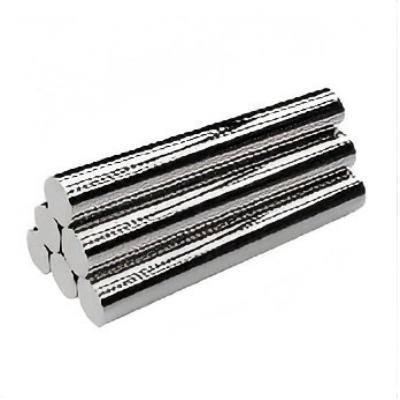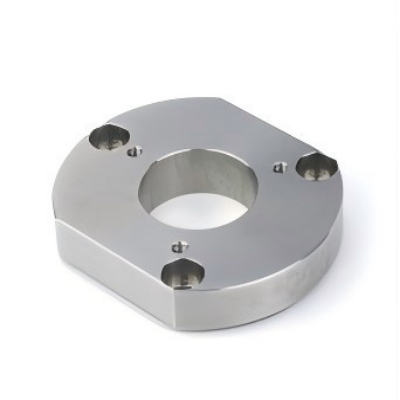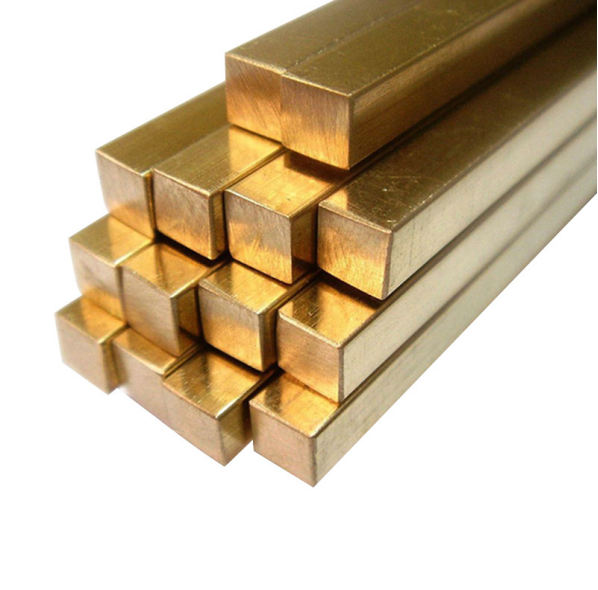Comparison of CNC Machining Materials
The information contained herein is typical values intended for reference and comparison only. They shall NOT be used as a basis for design specifications or quality control.
Stainless Steel(17-4 PH)
Corrosion Resistance, Strength
Stainless Steel 17-4PH is a high-performance martensitic precipitation hardening stainless steel, featuring excellent corrosion resistance and high strength, making it suitable for a wide range of industrial applications. Its chemical composition and physical properties enable its extensive use in fields such as aerospace, chemical engineering, marine engineering, food processing, and nuclear industry. Through appropriate heat treatment processes, its mechanical properties and corrosion resistance can be further optimized.
Steel Alloy 4140
Impact Resistance, Fatigue Resistant
AISI 4140 Alloy Steel is a medium-carbon chromium-molybdenum steel with a carbon content of about 0.38–0.43%. It offers an excellent combination of strength, toughness, wear resistance, and machinability. When heat-treated, it provides outstanding mechanical properties, making it widely used in gears, crankshafts, connecting rods, bolts, and critical components in the oil and gas industry.
Brass C260
CorrosionResistant, Machinability
Brass is an alloy primarily composed of copper and zinc. This golden-hued material not only exhibits excellent weather resistance and corrosion resistance, but its tensile strength also rivals that of low-carbon steel, demonstrating outstanding mechanical properties. Brass boasts exceptional machinability, enabling it to support higher feed rates during processing operations such as cutting and stamping, while requiring minimal cutting fluid. This combination significantly reduces both processing costs and process complexity.




